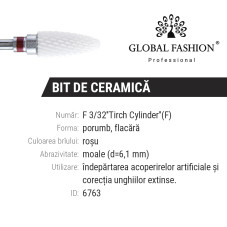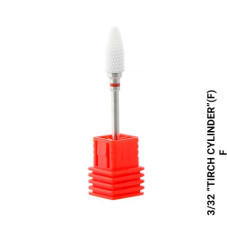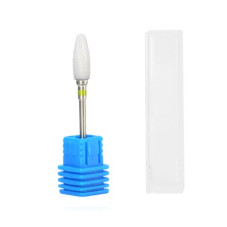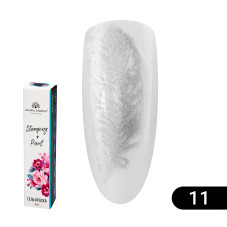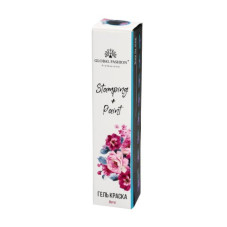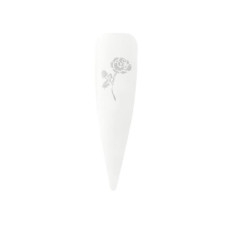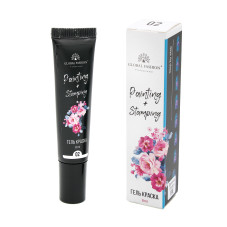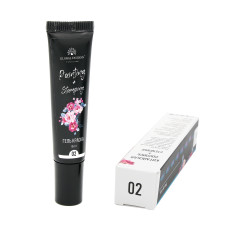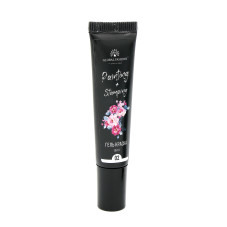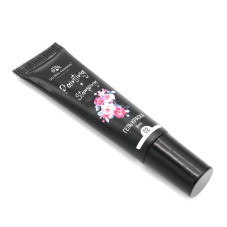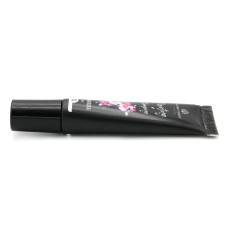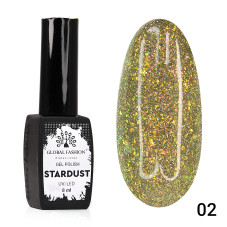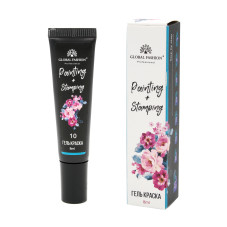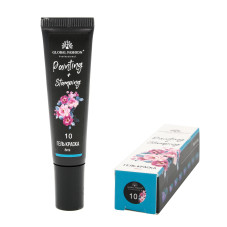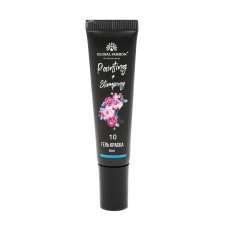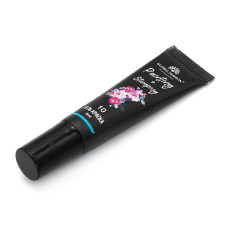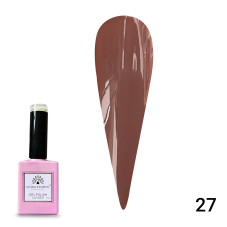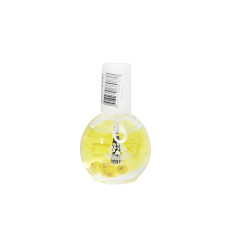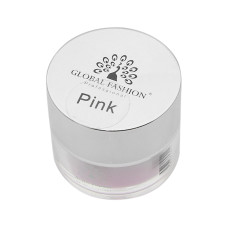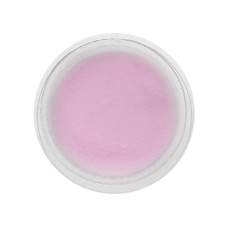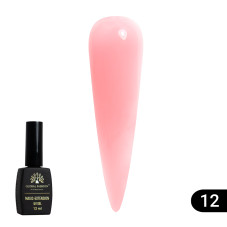Ceramic nozzle
Filters

Color
Clear
roll up
Density
Clear
roll up
Effect
Clear
roll up
58 bought
ID: 5870
3,99 £
868 bought
ID: 5874
3,99 £
90 bought
ID: 5885
3,99 £
Ceramic Nozzle: A Critical Component in Many Industrial Applications Ceramic nozzles have become one of the most vital components in various industrial applications. They are used in a range of industries as a means of directing, spraying, and dispensing liquids, fluids, and gases into specific areas. The unique properties of ceramic materials make them the ideal solution for applications involving abrasive, corrosive, and high-temperature substances. One of the primary applications of ceramic nozzles is in milling cutters. These nozzles are used to direct high-pressure coolant onto the cutter, allowing for faster cutting speeds and better surface finishes. The use of ceramic nozzles in milling cutters also helps to reduce tool wear and extend the life of the cutter. Another application of ceramic nozzles is in nail extensions. When used in nail extension processes, ceramic nozzles help to apply a precise amount of liquid resin to the nail, ensuring that the extensions are smooth and even. These nozzles are also resistant to chemical corrosion, making them ideal for use with harsh chemicals often used in nail extension processes. Ceramic nozzles are also used in the medical industry to deliver medication or other fluids to the body. Ceramic materials are biocompatible, meaning that they do not react with the human body when they come into contact with it. This ensures that there is no risk of patients suffering from any adverse reactions. The application of ceramic nozzles can also be found in the electronics and aerospace industry. For example, they are used in the production of electronic components, such as capacitors and resistors, as well as for spraying coatings onto aircraft components to protect against corrosion. The unique properties of ceramic materials make them an ideal solution for a range of applications in various industries. Ceramics offer high thermal conductivity, resistance to wear and tear, and chemical stability, making ceramic nozzles a preferred choice in many industrial applications. Their versatility and durability make them particularly valuable in high-stress environments, where other materials may deform or corrode. In conclusion, ceramic nozzles are a critical component in many industrial applications, ranging from milling cutters to medical equipment. They offer excellent properties, making them an ideal solution for dealing with abrasive, corrosive, and high-temperature substances. With the ongoing advancement of ceramic materials, we can expect to see their usage expand into new applications in the coming years.
